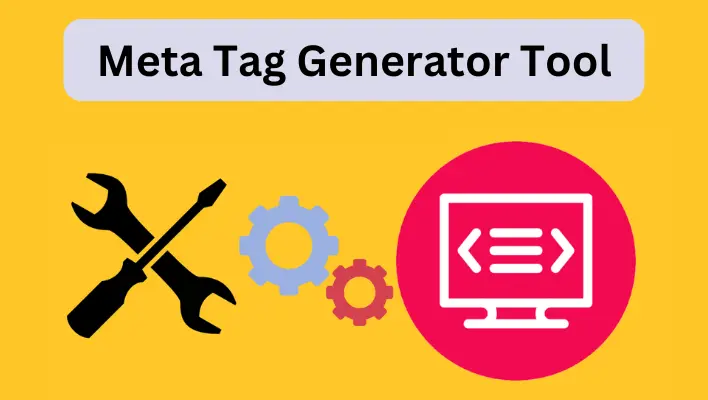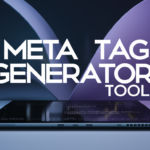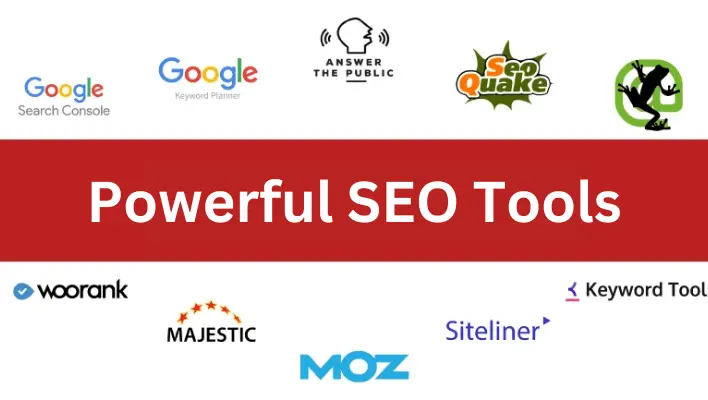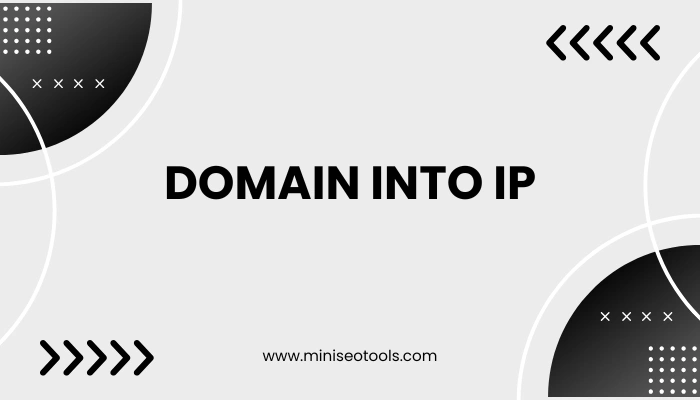How to Use a Meta Tag Generator to Boost Your SEO
In the vast world of the internet, where billions of websites compete for attention, having a strong online presence is vital. Search Engine Optimization (SEO) plays a crucial role in ensuring that your website ranks high in search engine results, driving more traffic and potential customers your way. One essential aspect of SEO is the proper use of meta tags, and a meta tag generator can be your best friend in this endeavor.
Contents
What Are Meta Tags?
Meta tags are snippets of text that describe a webpage’s content. They don’t appear on the page itself but are embedded in the HTML code. These tags provide information to search engines about a page’s title, description, and keywords. Properly optimized meta tags can significantly impact a website’s visibility and ranking in search engine results.
The Importance of Meta Tags in SEO
Meta tags serve as a roadmap for search engine crawlers, helping them understand what your webpage is about and how it should be indexed. The meta title, meta description, and meta keywords are particularly crucial in this regard.
- Meta Title: This is the title of your webpage that appears in search engine results. It should be concise, descriptive, and contain relevant keywords to attract users’ attention.
- Meta Description: This is a brief summary of your webpage’s content. A compelling meta description can entice users to click on your link in search results, increasing traffic to your site.
- Meta Keywords: While not as important as they once were, meta keywords are still used by some search engines to determine a page’s relevance to a user’s query. Including relevant keywords in this tag can help improve your page’s visibility.
What Is a Meta Tag Generator?
A meta tag generator is a tool that simplifies the process of creating meta tags for your website. Instead of manually writing HTML code for each page, you can use a meta tag generator to generate optimized meta tags quickly and efficiently.
How to Use a Meta Tag Generator
Using a meta tag generator is straightforward and user-friendly. Here’s a step-by-step guide to help you get started:
- Choose a Reliable Meta Tag Generator: There are numerous meta tag generators available online, so it’s essential to choose one that is reputable and reliable. Look for reviews and recommendations from other users to ensure you select a trusted tool.
- Enter Your Website Information: Once you’ve chosen a meta tag generator, simply enter your website’s URL and any relevant keywords or phrases related to your content.
- Generate Meta Tags: After entering your information, the meta tag generator will generate meta tags for your webpage automatically. These tags will typically include a meta title, meta description, and meta keywords.
- Customize as Needed: Most meta tag generators allow you to customize the generated tags to better suit your specific needs. You can edit the title, description, and keywords to ensure they accurately reflect your webpage’s content.
- Implement Meta Tags: Finally, copy the generated meta tags and paste them into the HTML code of your webpage’s <head> section. Be sure to replace any existing meta tags with the new ones generated by the tool.
Benefits of Using a Meta Tag Generator
Using a meta tag generator offers several benefits for website owners and SEO professionals:
- Time-saving: Generating meta tags manually can be time-consuming, especially for large websites with multiple pages. A meta tag generator automates this process, saving you time and effort.
- Optimization: Meta tag generators are designed to create optimized meta tags that adhere to SEO best practices. By using a generator, you can ensure that your meta tags are structured correctly and contain relevant keywords.
- Consistency: Consistency is key in SEO. Meta tag generators help maintain consistency across your website by generating uniform meta tags for each page.
- Improved Visibility: Properly optimized meta tags can improve your website’s visibility in search engine results, driving more organic traffic to your site.
Conclusion
In the competitive world of online marketing, optimizing your website for search engines is essential for success. Meta tags play a crucial role in SEO by providing search engines with valuable information about your webpage’s content. A meta tag generator simplifies the process of creating optimized meta tags, saving you time and ensuring that your website ranks higher in search engine results. By utilizing a meta tag generator effectively, you can boost your website’s visibility, attract more traffic, and ultimately achieve your online marketing goals.



















